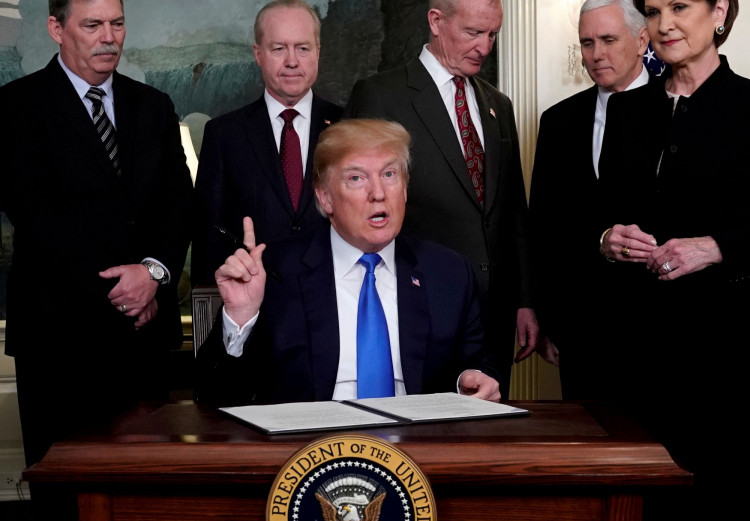Last Monday, the US Commerce Department confirmed a new rule where anti-subsidy duties would be imposed on products from countries that deliberately undervalue their currencies against the US dollar. The report claimed that one of the countries that may be covered by the penalty in China.
The said imposition was discussed to possibly add more pressure in the China-US trade deal weeks after phase one thereto was finalized.
The rule was said to allow the US Commerce Department to impose additional duties to countries that undervalue their currencies including China through the US treasury department. The US also recently removed China as one of the currency manipulators by the completion of phase one of the trade deal.
It was then announced that the US Commerce Department would solely depend on the US Treasury's capacity to determine the undervaluation of some currencies. However, it was further explained that both departments may have conflicting findings since they are governed by different statues.
The US Commerce Department's new rule would be published in May of 2020. The said imposition would include duties on imports of specific products that have benefited from interlocking subsidies that would be determined by the US International Trade Commission.
It was explained that the imposition of the rule may not encompass all imports from a given country whenever such a country would undervalue its currencies. The application, therefore, is limited since not all imports inure US industries.
The Commerce Department also said that the new rule was created as a response to bipartisan calls that suggested existing laws should apply to address unfair foreign currency practices. It was also explained that the new rule would allow the Trump administration to eradicate trade imbalances engaged by the US with other countries.
US Commerce Secretary Wilbur Ross said that the new rule is an important step that would allow American businesses and workers to improve their playing field. However, former senior US Treasury official and adviser to the London-based OMFIF Mark Sobel added that the new rule failed to address several other concerns and may be inconsistent with the World Trade Organization rules.
He claimed that there is no concrete formula that would measure currency undervaluation and that the US Commerce Department does not have the capacity of expertise in international monetary and currency matters to uphold its mandated duty.
He also added that a unilateral policy may alienate other countries that the US is in trade with. In response, the Commerce Department claimed that it would not include monetary and related credit policy in categorizing countries that allegedly undervalue their currencies.






